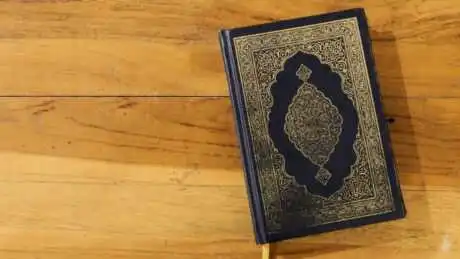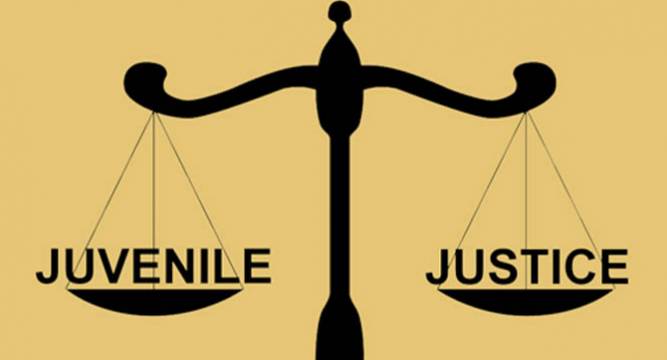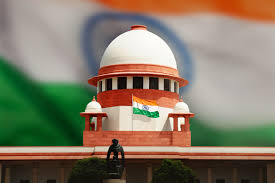Table of Contents
The Supreme Court of India on Friday put a stay on an order passed by the High Court of Orissa. The order was in relation to a minor girl child whose custody the High Court had directed be restored to her father.

What is the history of the case?
The father of the twelve-year-old minor child had filed the writ of habeas corpus in the High Court of Orissa. As per the writ, he was requesting the court to issue directions to restore the girl child’s custody to him. He had alleged that his sister, niece and niece’s husband had illegally detained the child against his will. He moved the High Court against this detention and sought orders to transfer the custody to him.
What did the opposite parties say?
The opposite parties contended that the daughter’s child had been given up by the couple to them for adoption. Since the petitioner (the father of the girl child) and his wife had no resources to raise two kids, they had given one of them up for adoption. It was also said that the girl child was entrusted to them as per the Muslim tradition of ‘kafala’.
What did the Orissa High Court say?
The High Court said that it found no proof of legal adoption as per the relevant laws in force: the Juvenile Justice Act and the Muslim Personal Law. Thus, the court ruled that the custody shall be transferred from the child’s aunt to her father.
The aunt proceeded to appeal to the Supreme Court against the order and the latter issued a notice staying the Orissa High Court’s order today. She contended that separation from this child would bring her emotional turmoil.

What did the Supreme Court say?
The court said that the child’s better interests would be accorded primacy and in the interim, the separation as ordered by the High Court must be stayed.
Additionally, it remarked that the child had stayed with her aunt from a young age and the displacement of the girl child from her familiar environment had to be given due consideration.
How does adoption work as per Muslim Personal Law?
Islam does not accord recognition to adoption. There only exists the concept of “Acknowledgement of Paternity” whereby the legitimacy of parenthood is conferred upon an authority figure who is bound by this acknowledgement to be the child’s parent.
However, the Supreme Court in its landmark judgment titled Shabnam Hashmi v Union of India extended this right to Muslims also. It ruled that the statutory legislation Juvenile Justice Act would prevail over all personal laws.
The Juvenile Justice Act, of 2002 gives adoptive parents all legal rights, duties and obligations that exist between biological parents and their children in a normal parent-child relationship.

What is the Juvenile Justice Act?
The Juvenile Justice Act permits the adoption of children less than eighteen years of age.
Orphaned, surrendered or abandoned children can be adopted after undergoing the prescribed legal procedure. A court must issue relevant orders for the adoption to be legal.
Children’s Homes and institutions operated by the State Government or voluntary organizations, which cater to children in need of care and protection and are orphaned, abandoned, or surrendered, must ensure that such children are declared eligible for adoption by the Child Welfare Committee. The cases of these children should be referred to the adoption agency in the respective district for their placement in adoption.














